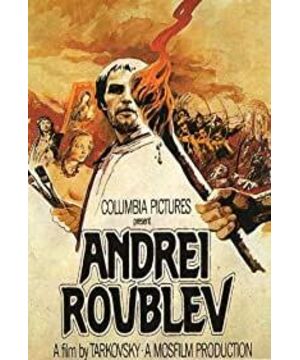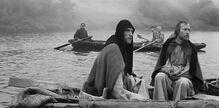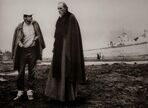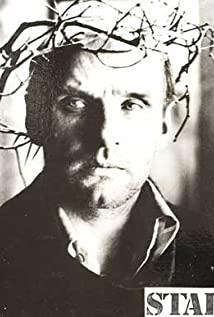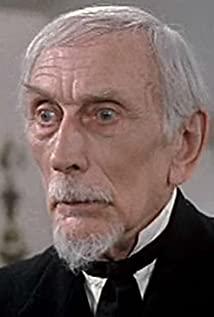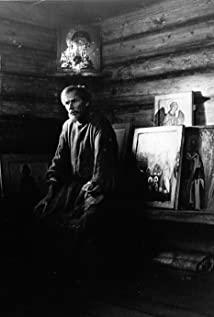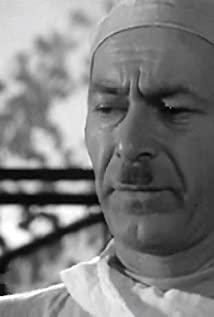"Andrei Rublev" is a biography film with a completely groundbreaking narrative structure. In this film, there is often no causal connection between chapters, and the timeline jumps forward randomly. "Non-story narrative." This kind of narrative does not strictly follow causality in the events between the paragraphs. If you measure it in literature, it will be a work with a fragmented story line, and it is bad literature; but if you measure it in film, it is a great movie, because it is highly coherent in the flow of emotions. This is one of the differences between film and literature: the story of literature must be recognized coherently. If the time line is jumped, it must explain the journey of the characters in this jumped time line; the film only needs to be felt coherently, and the story can be left blank.
For example, if it is literature, from "Lublev was stimulated and kept silent" to "Lublev meets the boy who cast the bell", it will definitely explain how Lublev has lived and how he came to be in the past few years. Otherwise its whole character development line would be messed up, as if somehow he suddenly went from church to bell-casting boy; but the movie doesn't need it, because of this whole process of Lublev's The "emotion" is highly fluid and not broken, so since the white space in the text does not interrupt the continuity of the "feeling", the white space is completely fine. Furthermore, I must say that Tarkovsky does a fantastic job of "shaking, pity, perseverance, and hope" for faith and nation in the face of great suffering. The black cat walking by the collapsed church; the various sufferings under the overlooking camera; the dumb girl crying in the face of the splashed ink and the white wall; the piety, anger, and hope of the young man casting the bell, which will be unforgettable for a long time.
View more about Andrei Rublev reviews


